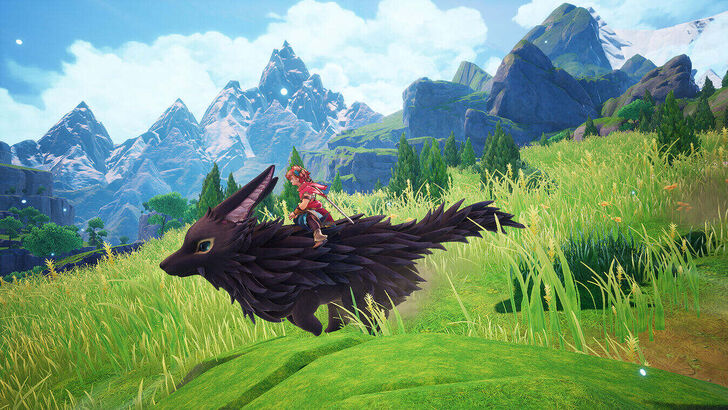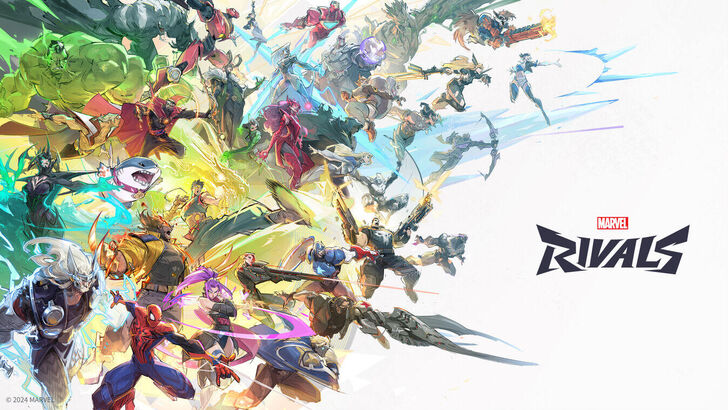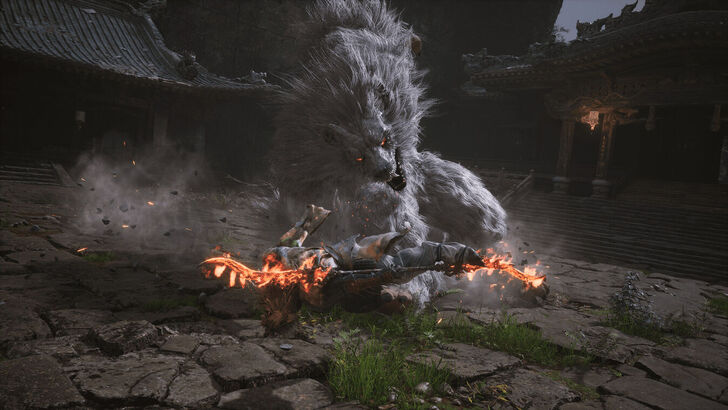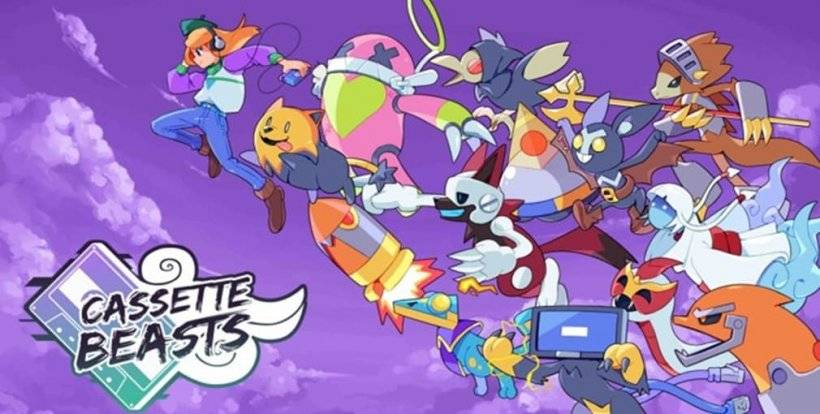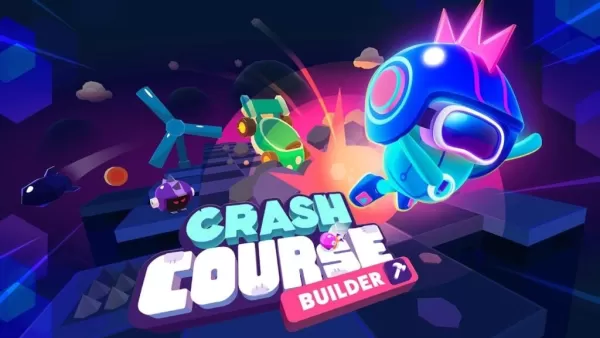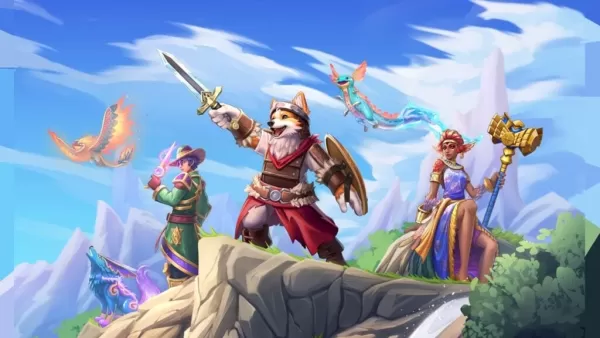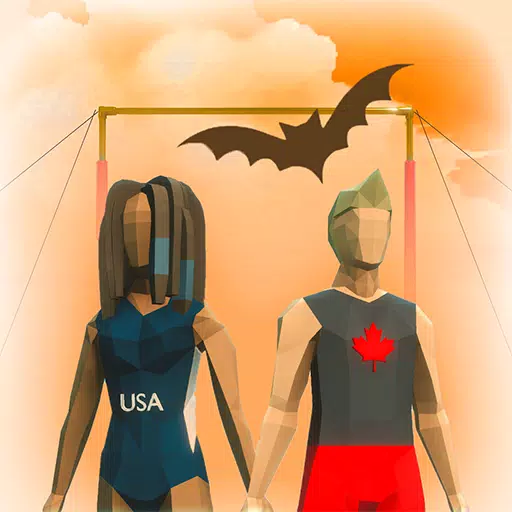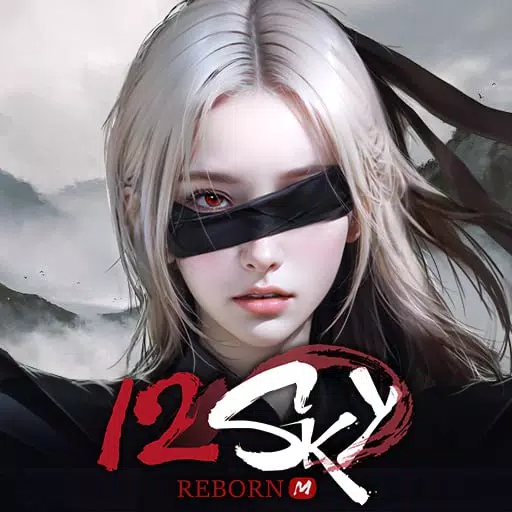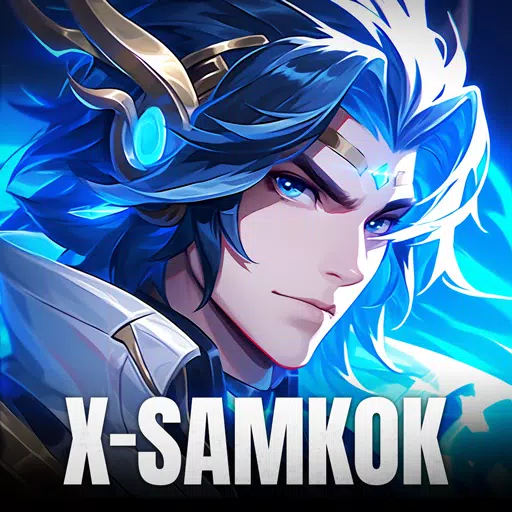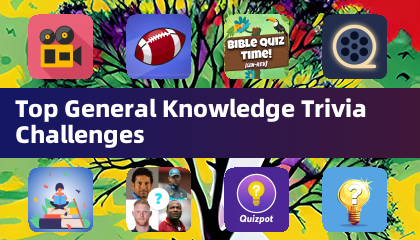Visions of Mana Director Ryosuke Yoshida Leaves NetEase for Square Enix
In a surprising move within the gaming industry, Ryosuke Yoshida, the director behind the highly anticipated Visions of Mana, has announced his departure from NetEase's Ouka Studios to join Square Enix. This news, shared by Yoshida himself on his Twitter (X) account on December 2, marks a significant shift in his career path and raises questions about his future projects at Square Enix.
Ryosuke Yoshida's New Chapter at Square Enix
Ryosuke Yoshida, a seasoned game designer who previously worked at Capcom, has played a pivotal role in the development of Visions of Mana at Ouka Studios. His leadership contributed to the game's success, which launched with new and enhanced graphics on August 30, 2024. Despite his significant contributions, Yoshida's move to Square Enix remains shrouded in mystery, with no specific details released about the projects or game titles he will be working on at his new company.
NetEase's Strategic Shift in Japan
Yoshida's departure from NetEase aligns with the company's broader strategy to scale back its investments in Japanese studios. A Bloomberg report from August 30 highlighted that both NetEase and its competitor Tencent have decided to reduce their involvement in Japan after experiencing mixed results with their investments in local studios. This decision has directly impacted Ouka Studios, resulting in a significant reduction of its workforce in Tokyo.
The shift in strategy by NetEase and Tencent is driven by the anticipated resurgence of the Chinese gaming market. The success of games like Black Myth: Wukong, which garnered accolades such as Best Visual Design and Ultimate Game of the Year at the 2024 Golden Joystick Awards, underscores the potential for growth in China. Both companies are reallocating resources to capitalize on this opportunity.
Historically, in 2020, NetEase and Tencent ventured into Japan to diversify their portfolios as the Chinese market faced stagnation. However, tensions have arisen between these global entertainment giants and smaller Japanese developers due to differing priorities. While the former seeks to expand franchises globally, the latter aims to retain control over their intellectual properties.
Despite the pullback, NetEase and Tencent continue to maintain strong ties with major Japanese companies like Capcom and Bandai Namco. Their approach now is more conservative, focusing on minimizing losses while preparing for the expected boom in the Chinese gaming sector.
